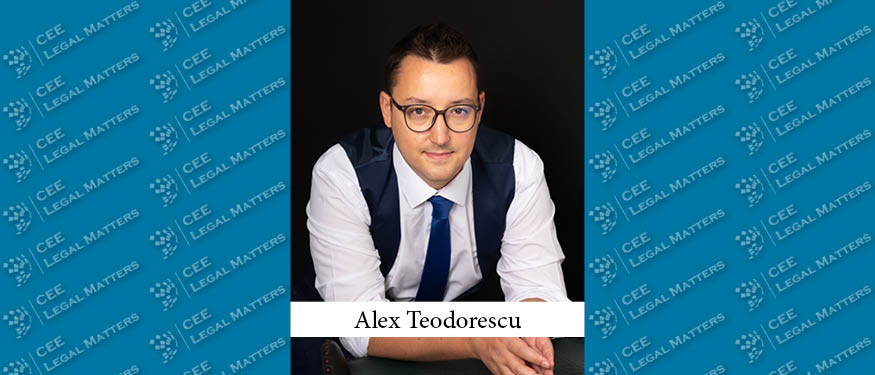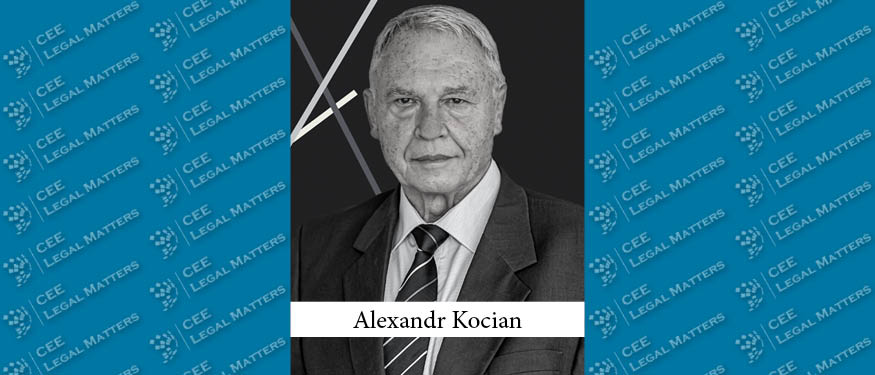Following the recent election in Slovakia, the newly formed government has shifted its legislative focus. CLS Cavojsky & Partners Partner Peter Cavojsky and Taylor Wessing Partner Andrej Leontiev explore how the government’s priorities have changed in terms of public spending, criminal justice reform, and relations with non-governmental organizations.
A Change in Focus
Following the elections, the legislator’s main focus areas and priorities have “shifted significantly,” begins Cavojsky. He reports that “different communication approaches to the war in Ukraine and fast legislation pressure for changes in the Criminal Code surprised the public.” In addition, in order to retain “core principles of budgetary financing, the new government has made it a key priority to reduce the public finance deficit by 0.5% of GDP and to amend the constitutional law on budgetary responsibility regarding the need to slow down the growth of debt,” he reports. Further essential focus areas, Cavojsky reports, involve the “revision of the judicial map with regard to mandatory requirements of the Recovery and Resilience Plan, the recodification of civil law, and the strategy of restorative justice.”
Leontiev expresses concern about the fast-tracked changes to the criminal code, particularly those targeting corruption offenses. According to him, the main aim was to “significantly lower the sentences for economic crimes, including corruption and tax frauds, to shorten the respective statutes of limitations, and dismantle specialized law enforcement bodies that were successfully dealing with corruption during the previous government.” However, he says that the Slovak Constitutional Court suspended a significant part of this legislation, at least for now.
“We expect that further legislative steps will focus on accelerating the exploitation of EU funds, mainly via lifting supervisory mechanisms and constraints in public procurement, construction law, and environmental protection,” Leontiev says. “Finally, legislation directed at increasing taxes and public revenues that are necessary to cover the steep rise of social spending is foreseeable,” he posits.
Going into specifics, Cavojsky reports that reforming the police and the Criminal Code are a priority for the new government. “A major change in the Criminal Code, including the cancelation of the Office of the Special Prosecutor, caused considerable disruption in the Parliament. It has been obstructed for months by the opposition, and currently, its implementation is being partially suppressed by the Constitutional Court,” he explains.
Moreover, Cavojsky feels that in the field of criminal policy, the government wants to “increase depenalization, which should be reflected in the reduction of prison sentences to the level of developed European countries and to valorize quantitative damage limits with regard mainly to inflation.” Additionally, he reports that the government also emphasizes “alternative penalties and the distinction between first-time offenders, particularly dangerous recidivists, and other offenders. It wants to abolish or change the factual nature of the crime of bending the law, or probation and mediation.”
According to Leontiev, while “there is no clear-cut overarching economic strategy announced by the government that would enable the prediction of the upcoming legislative changes,” he argues that “it might be deduced from the steps taken so far that the government will push forward with legislative changes designed to provide it with as much control and influence as possible over various regulatory bodies that are enjoying institutional independence, such as the Public Procurement Office, Whistleblower Protection Office, Regulatory Office for Network Industries.” This approach, he argues, “goes hand in hand with the general relaxation of regulations aimed at accountable execution of public duties – the attempt to heavily reduce sentences for corruption had been only a first step in this direction. This policy will be defended by the government as necessary to simplify and accelerate the use of EU funds and execution of public investments.”
A Change in Tune
“Military support and the donation of weapons to Ukraine have ended, while orders for Slovak army manufacturers and humanitarian aid continue,” Cavojsky reports, adding: “Noticeably, the government decided that important domestic socio-economic goals would not allow it to continue to increase its defense spending.”
On the other hand, Leontiev reports that “the government is openly hostile toward non-governmental organizations, particularly those which represent civil society’s interests, such as watchdogs.” According to him, “it is to be assumed that all amendments concerning laws that include the participation of the public, such as EIA assessments, will be drafted with the aim to limit the rights of the public represented by NGOs.”
Against this, Leontiev says he “expects that cases of conflict of interest at the level of governmental politicians and newly appointed high-level state servants will increase.” He believes that this may lead to “more public contracts being awarded to private companies of oligarchs and sponsors of the governing political parties. The usual suspects are from the construction business, IT sector, and consulting industry.” As for other private companies, including multinational groups, Leontiev believes it will become “harder to compete with the politically preferred Slovak companies. Due to high margins on public contracts that may result in price dumping in private tenders, a distortion of competition favoring the politically preferred Slovak companies is expected.” This is particularly important as Cavojsky insists that one of the most important challenges is the “continuation of the implementation of the Recovery and Resilience Plan, regulation of the price of electricity, a balanced budget, increasing employment of marginalized groups, and long-term completion of highways.”
Lastly, Cavojsky says that the “post-election peace in the coalition is particularly disturbed by the presidential elections to be held on April 23, 2024. Among the key candidates are Peter Pellegrini – the leader of Parliament and leader of Hlas – Social Democracy, which is a member of the coalition.” As his opponent stands a “pro-European candidate with the support of the opposition” – former diplomat Ivan Korcok. “The result of the presidential election might have a significant influence on the future direction of the country,” Cavojsky concludes.
This article was originally published in Issue 11.3 of the CEE Legal Matters Magazine. If you would like to receive a hard copy of the magazine, you can subscribe here.
















